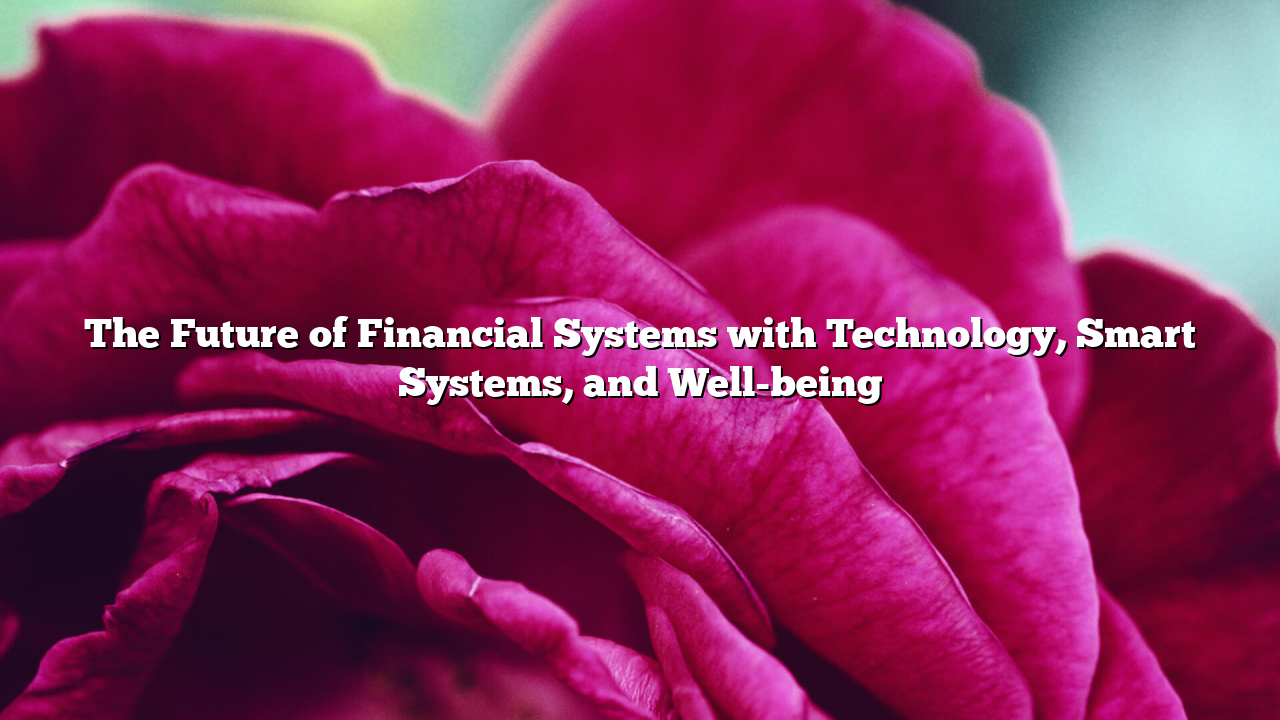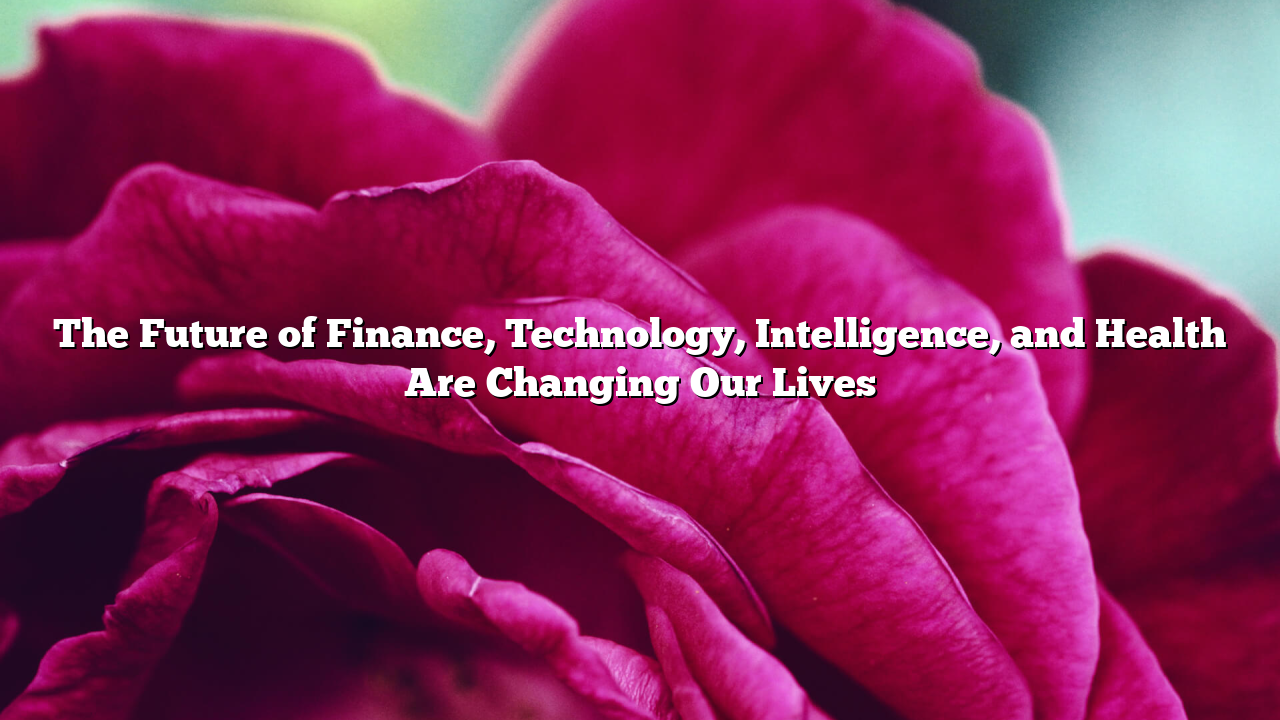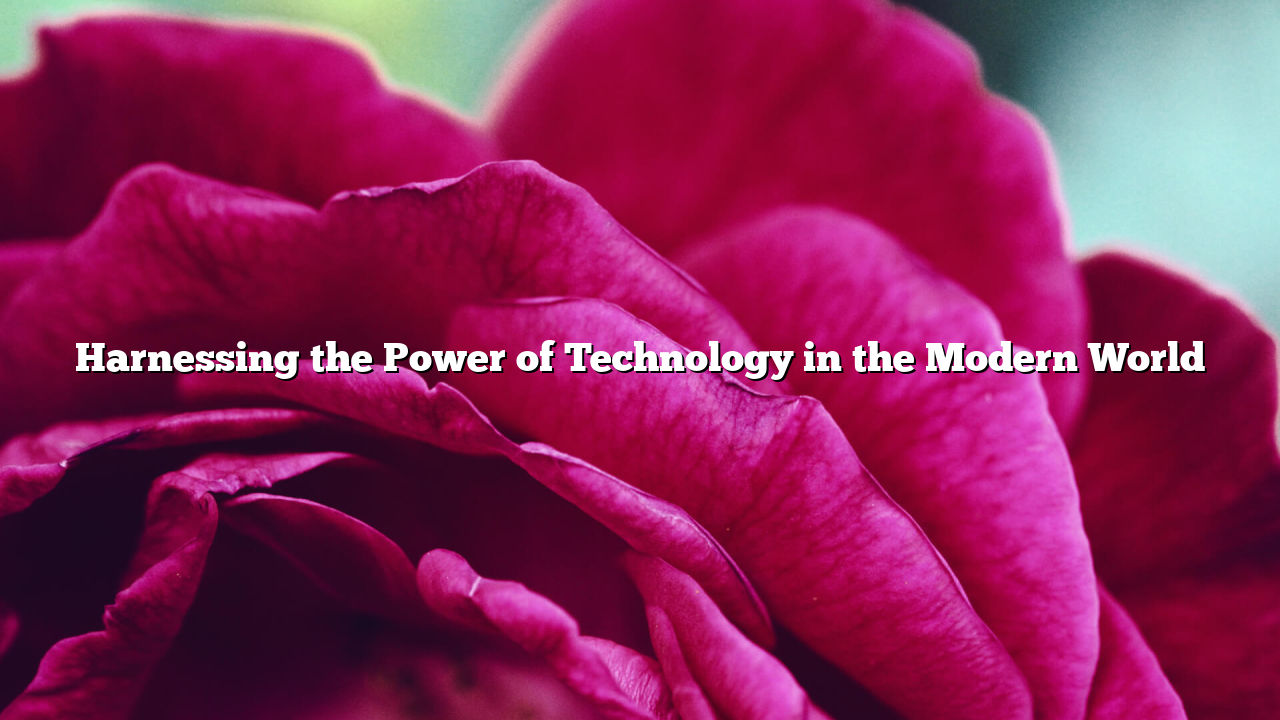In the modern age, the intersection of monetary systems, technology, intelligence, and health is forging a transformative impact on how we exist. This article, we’ll delve into how these domains are linked, and how they collectively redefine the direction of our global society.
Finance in the Digital Age
Gone are the days of manual banking, replaced by digital-first systems that offer real-time access to transactions, stock markets, and AI-powered advisors.
Financial technology has grown rapidly in the past decade, launching solutions such as digital currencies, automated investment tools, and e-wallets. Gerhanatoto expect seamless financial experiences that align with their tech-savvy lifestyles.
Some key aspects include:
Decentralized ledgers offers transparency in data sharing.
Machine learning algorithms help in portfolio management.
Embedded finance extends financial access through e-commerce.
Technology as a Catalyst
It isn’t only about software; it’s about its role in our behavior. From wearables to cloud computing, the backbone of the tech era is fueling change in every sector.
In finance, for instance:
Fingerprint scanning enhances user access.
Decentralized apps on Ethereum reduce the need for third parties.
Data analytics empower personalized financial services.
And in health:
Fitness trackers monitor everything from steps to sleep patterns.
Machine learning medical tools support the process of diagnosing diseases.
Virtual health services connect patients with professionals worldwide.
Artificial Intelligence in Modern Life
AI is arguably the most disruptive technology of the 21st century. Its capabilities span from education to transportation, shifting the status quo.
In finance:
AI can predict market trends using complex models.
Chatbots improve customer service in banking.
Fraud detection systems using AI can flag suspicious behavior in real time.
In health:
AI systems can process medical images with accuracy that rivals human specialists.
Personalized medicine is now possible with AI analyzing patient history.
Mental health platforms are using AI to track mood patterns based on interactions.
Optimizing Wellness Through Innovation
Health is wealth, and technology is helping people to monitor their fitness. From personalized nutrition plans, the line between prevention and treatment is blurring.
Health ecosystems powered by intelligent algorithms can now:
Recommend exercises based on your genetic profile.
Alert you when your vitals spike unexpectedly.
Track symptoms and flag early warnings.
Even financial health is being optimized:
Budgeting tools use AI to boost savings.
Insurance plans now adjust based on health data from wearables.
Companies reward healthy behavior with lower premiums.
Looking Ahead: Challenges and Promise
With all this progress, questions about security have emerged. Who owns your data? How much should an AI system know about your body, money, or habits? Is personalization worth the cost of digital tracking?
Governments and tech leaders are now working on:
Privacy regulations.
AI ethics boards.
User awareness.
The future lies in a harmonious use of these powerful tools.
Conclusion
These four pillars are not isolated areas anymore. They are interdependent, and together, they’re building a smarter, healthier, and more financially empowered world.
As we move forward, embracing these advancements with integrity will be essential to thriving in this new era.
The Future of Financial Systems with Technology, Smart Systems, and Well-being










Leave a Reply